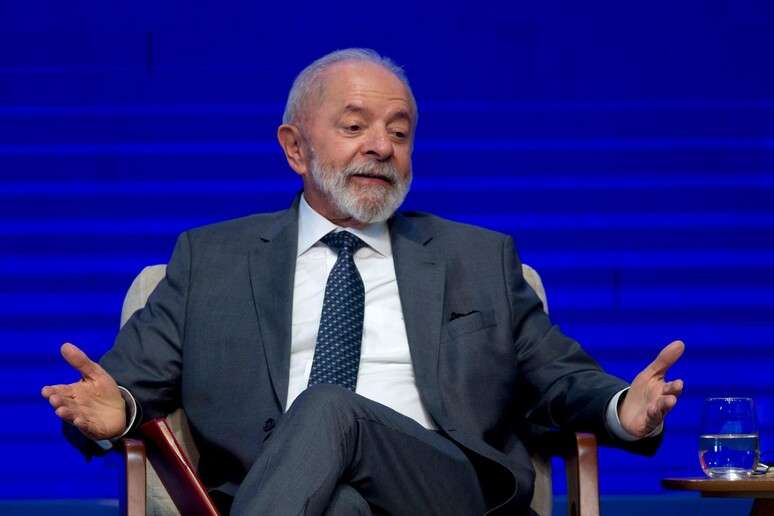Black Hawk Down : an intense war film by Ridley Scott
Emerging from the success of Gladiator (2000) and after following up with the thriller Hannibal (2001), Ridley Scott he changed sex again with Black Hawk Down (2002). A war film adapted from the book Black Hawk Down: A Story of Modern Warfare by Mark Bowden, who recounts a brawl that occurred in Mogadishu, Somalia, on 3 and 4 October 1993. At the time, the country was in the midst of a civil war and suffering from famine. The United States intervened after witnessing rising tensions between UN forces and General Mohamed Farrah Aidid. An American operation later turned into a fiasco. And that is what Ridley Scott’s film focuses on.
Despite a long definition of the context and characters, Black Hawk Down comes to the heart of the matter when a helicopter is shot down in the middle of an operation. The American forces then do everything they can to save their soldiers, but they will have to face the militias who counterattack, and will have to resist until the arrival of reinforcements. In the end, eighteen American soldiers have lost their lives during these two days, as well as several hundred Somalis.
The film jumps from one soldier to another to provide a global vision of the event and an immersive experience. We find an impressive cast with Josh Hartnett, Ewan McGregor, Jason Isaacs, Tom Sizemore, William Fichtner, Eric Bana, Sam Shepard, Tom Hardy, Hugh Dancy, Nikolaj Coster-Waldau and even Orlando Bloom.
A failure interpreted differently by George W. Bush
Upon its release, the film did not receive the same reception in the United States as in Europe. In fact, the attacks of September 11, 2001 which occurred just a few months before the theatrical release of Black Hawk Down had a direct impact on the public’s reception. However, eager to underline the absurdity of war, while wanting to be realistic in the transcription of battles, Ridley Scott has been singled out precisely for his aestheticization of violence. Some have even seen a work that supports American interventionismalthough this is a mission considered a failure.

Precisely, for the American government of the time, under the presidency of George W. Bush, Black Hawk Down did not have the effect of warning against interventions in the Third World. On the contrary. In his article Thinking Mythologically: Black Hawk Down, the “Platoon Movie,” and the War of Choice in IraqRichard Slotkin returns to the impact of the feature film on the war in Iraq, citing a Newsweek article. We learn that George W. Bush organized a screening of Black Hawk Down during a dinner at the White House and that”He and his advisers learned a very different lesson“.
America’s hasty exit from Somalia after the deaths of 18 soldiers in a 1993 raid had emboldened America’s terrorist enemies and thus led directly to al Qaeda’s attack on September 11.
Subsequently, George W. Bush continued to design this “films not to be missed“to twenty members of Congress to convince them to continue the intervention in Iraq. Because according to him, and taking the work of Ridley Scott as an example, “Failure to persist in the use of military force is a sign of weakness and an invitation to enemy attack“. Furthermore, a few weeks later, Defense Secretary Donald Rumsfeld insisted in an article on Times on the fact that, this time, “the United States of America has not decided to withdraw and abandon the field“.
The war in Iraq lasted more than eight years and the casualties of this conflict are estimated between several hundred thousand and one million between 2003 and 2011.
Source: Cine Serie
Ray Ortiz is a journalist at Gossipify, known for his coverage of trending news and current events. He is committed to providing readers with accurate and unbiased reporting, and is respected for his ability to keep readers informed on the latest news and issues.






![Everything for the Light: Julian and Hadrian exchange passionate kisses … which is waiting for you on Sunday from 7 to July 7, 2025 [SPOILERS] Everything for the Light: Julian and Hadrian exchange passionate kisses … which is waiting for you on Sunday from 7 to July 7, 2025 [SPOILERS]](https://fr.web.img6.acsta.net/img/cf/4e/cf4eba0841a82432c9ca35e539b92c46.png)


